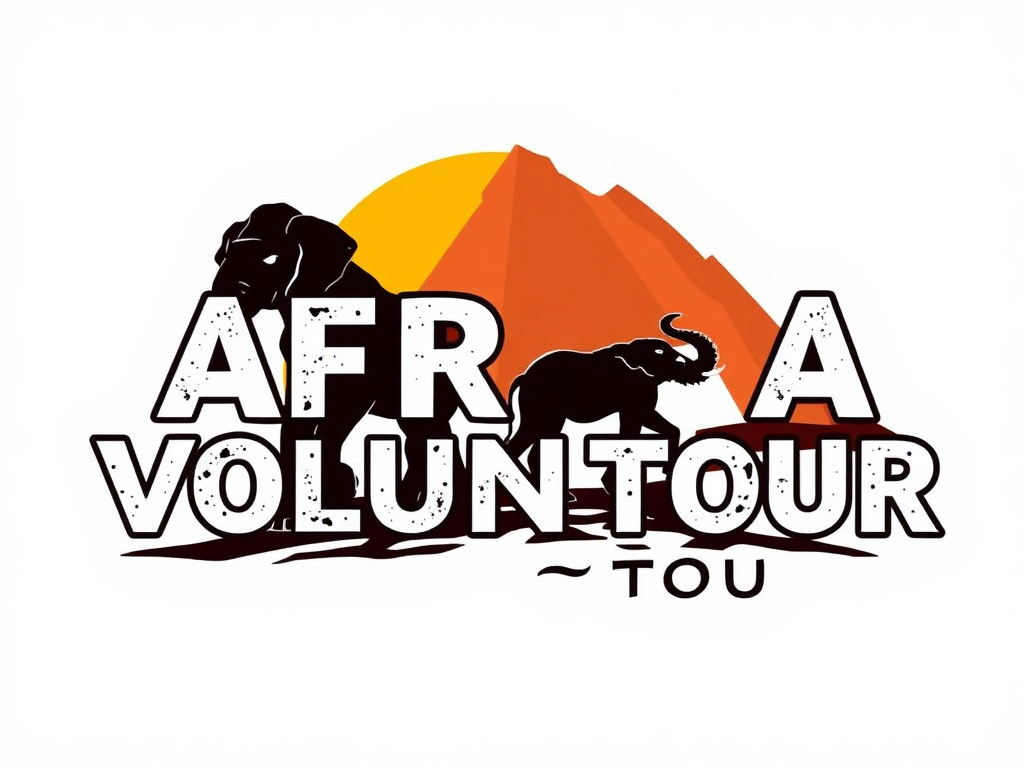Understanding Perishables in Camping
When camping, understanding perishables and how to manage them is crucial for a successful trip. Perishables are foods prone to spoilage if not stored correctly, such as meat, dairy, and certain fruits. Recognising spoilage signs, like unusual odours or textures, helps avoid food-related illnesses.
Outdoor conditions, including temperature fluctuations and humidity, directly influence the spoilage rates of perishables. For instance, meat may spoil faster in hot weather due to increased bacterial growth. Therefore, it’s essential to monitor environmental factors and adapt storage solutions accordingly.
This might interest you : Discover UK Campgrounds Boasting Convenient On-Site Cooking Amenities for Your Gourmet Getaway
Effective management of perishables ensures proper nutrition while camping and reduces food waste. Selecting the right types of perishables, considering their spoilage rates, and understanding preservation techniques can enhance the camping experience. By planning meals with a focus on nutrition and spoilage prevention, campers can enjoy fresh, safe, and delicious meals during their outdoor adventures.
Essential Gear for Storing Perishables
When venturing into the wilderness, having the right camping gear is essential for preserving perishables. Selecting the appropriate cooler can make a significant difference in food preservation. Soft coolers, ideal for short trips, offer convenience and portability. Their lightweight nature suits campers who are on the move. Alternatively, hard coolers provide better insulation and durability for extended camping trips, sustaining low temperatures longer.
Also read : Comprehensive Fishing Rules for Campers in the UK: Your Must-Know Guide
Insulated bags further enhance food safety by offering a secondary layer of protection against spoilage. They are perfect for quick access to snacks or meals without compromising the cooler’s temperature. When planning for longer expeditions, using storage tools like ice packs and vacuum sealers can be invaluable. Ice packs keep perishables chilled, whereas vacuum sealers remove air that could accelerate spoilage.
Utilising these gear options not only prolongs the shelf life of perishables but also supports a hygienic camping experience. With this equipment, campers can maintain food safety and savour meals that remain as delicious and fresh as intended throughout their outdoor adventure.
Safe Food Storage Techniques
When embarking on a camping trip, ensuring food safety through effective storage practices is essential. Properly packing perishables minimises the risk of spoilage and foodborne illnesses. Begin by pre-cooling your cooler; a cold starting temperature enhances food preservation. It’s advisable to place ice packs at the bottom, followed by perishables such as meat and dairy, ensuring they are the coldest items.
Layering is another key technique: arrange your cooler with items needed last at the bottom and daily essentials on top. This approach reduces how often the cooler is opened, thereby maintaining a stable internal temperature. Incorporating division within coolers or bags, using barriers or separate containers, can improve organisation and prolong freshness.
Hygiene is equally crucial. Always clean all surfaces and containers used for storing food before and after use. Keeping hands and utensils sanitary prevents cross-contamination, which can lead to spoilage or sickness. Implementing these hygienic practices while camping guarantees a safer dining experience, allowing you to enjoy your outdoor meals confidently and comfortably.
Meal Planning for Camping
Meal planning is essential in ensuring an enjoyable and safe camping experience, particularly when dealing with perishables. Strategically planning your camping meals helps minimise food waste and ensures your supplies last throughout the trip. Start by considering the meal prep methods that reduce reliance on perishable items; this can be achieved through selecting ingredients less prone to spoilage or pre-cooking certain dishes.
Pre-cooking techniques can greatly enhance your camping adventure by allowing you to prepare meals ahead of time, saving valuable on-site cooking time and reducing the risk of spoilage. For instance, cooking and freezing meals before departure ensures that they stay fresh for longer and are ready to be reheated quickly over a campfire. This not only streamlines your food preparation process but also guarantees more consistent nutrition.
Organising food based on meal frequency prioritises freshness and efficiency. Packing coolers so that the first day’s meals are most accessible reduces the need to rummage through supplies, helping maintain a stable temperature. This approach extends the shelf life of your perishables, ensuring delicious meals each day of your adventure.
UK-Specific Considerations
Camping in the UK comes with unique challenges and opportunities when it comes to managing perishables. Understanding the UK-specific camping regulations around food storage is crucial. For instance, ensuring all perishables are securely stored to prevent wildlife encounters can help avoid unnecessary fines or environmental impacts. Local regulations, therefore, demand attention to smooth camping experiences.
The UK’s distinctive climate also influences how perishables should be handled. Colder temperatures can naturally help preserve meat and dairy, slowing spoilage. However, sudden changes and humidity can still pose risks. Campers should always be prepared for a shift in weather, bringing versatile camping gear that adapts to both warmth and chill. Portable coolers and insulated bags are recommended due to their ability to maintain cooler temperatures and prevent spoilage in unpredictable climates.
UK’s local foods add a delightful layer of variety, but knowing how to store them properly is key. Fresh produce from farm shops or local markets may offer superior taste, yet require careful handling. Understanding storage needs ensures that these local delicacies are enjoyed during the camping adventure.
Real-Life Camping Anecdotes
Camping is not always smooth sailing, especially when it comes to managing perishables. Learning from others’ camping experiences can provide valuable insights. One camper recounted a food mishap where they underestimated the spoilage rates, resulting in several spoiled meals. This highlights the importance of understanding food spoilage rates and signs to ensure camping nutrition remains uncompromised. Ensuring perishables are correctly stored during camping trips diminishes the risk of wasted provisions.
Another camper shared the lesson learned about improper food storage leading to a ruined camping day. Their story underscores the importance of thorough meal planning—wise planning not only minimizes potential perishable waste but also naturally enhances the camping adventure. Understanding spoilage rates helps avert food bacteria, ultimately ensuring healthier camping meals.
Community stories reveal the benefits of using visual aids, like checklists and infographics, as handy references to track food spoilage and safety measures. These tools can significantly streamline processes, making it easier to anticipate potential issues before they escalate. By adopting these shared tips and strategies, campers can enhance their outings and share their positive stories with others.
Visual Aids and Resources
Incorporating visual aids can be a game changer for those embarking on their camping adventures; checklists and infographics are memorable tools that streamline the organisation process. A detailed checklist covering all essential camping gear and food storage needs ensures nothing is overlooked.
For quick, on-the-spot guidance, infographics serve as compact resources, offering easy-to-digest information on food safety tips. Campers can quickly reference these visuals to verify storage techniques or hygiene practices. Well-designed infographics are particularly effective at highlighting important details like safe temperatures for perishables or steps to prevent food spoilage.
Online platforms and outdoor forums often provide food safety resources that continuously educate campers about preservation methods and new tools. Accessing these resources regularly helps update one’s knowledge and adopt best practices. Besides, joining camping communities online can present personal anecdotes and solutions shared by seasoned adventurers.
Arming oneself with these visual aids and resources assures campers navigate food preservation with confidence, fostering a safer and more enjoyable experience in nature.


